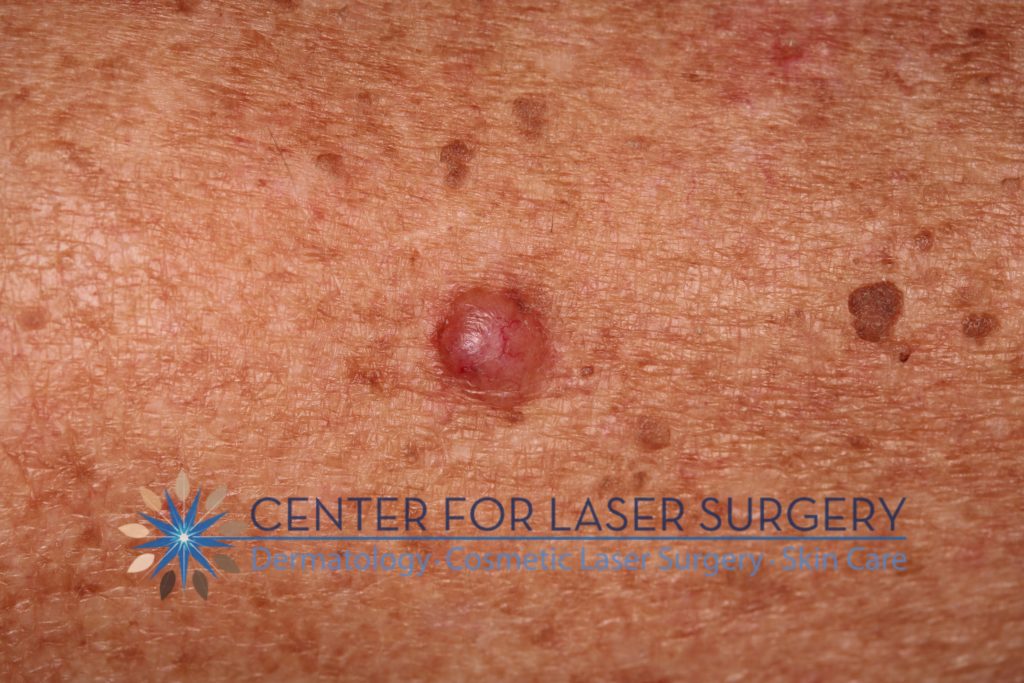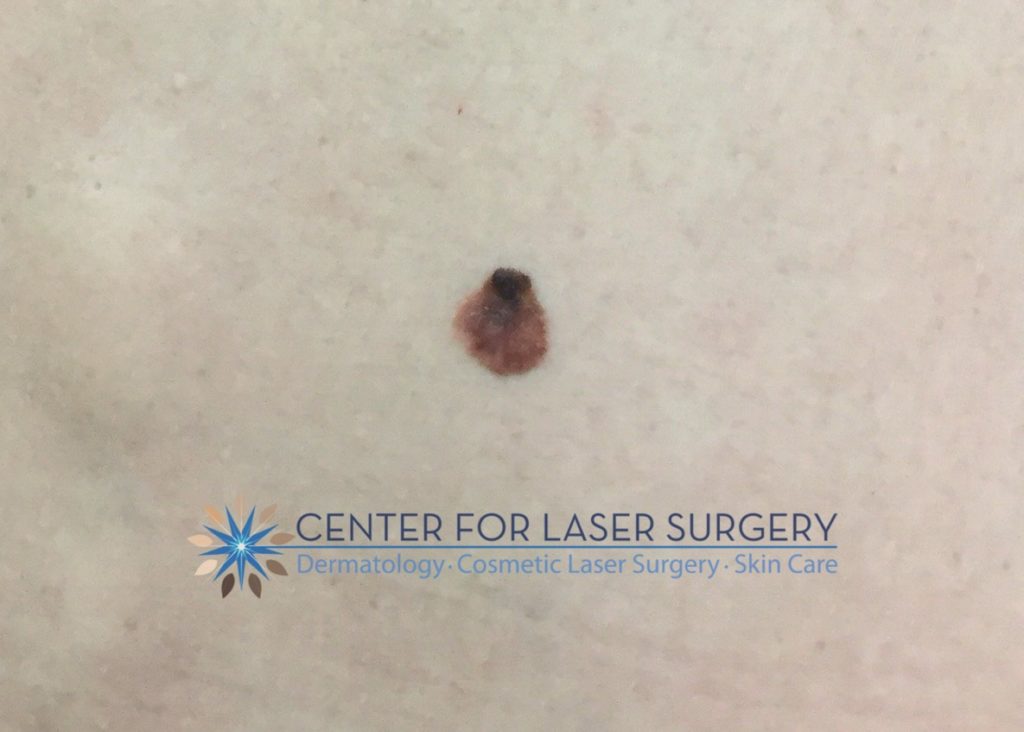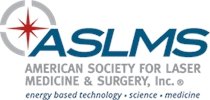Skin Cancer Screening in Washington, DC
Board Certified Dermatologists are highly trained experts in the diagnosis and treatment of skin cancer. Through years of training and experience, dermatologists are able to differentiate many forms of skin cancer from non-cancerous lesions. Over the past decade, new instruments and techniques have been developed, such as dermoscopy, which aid dermatologists in the diagnosis and exclusion of skin cancers by allowing high powered in-office magnification of lesions. These new technical advancements have improved the detection of skin cancers while simultaneously decreasing the number of biopsies performed on benign lesions.
Skin cancer is the most prevalent form of cancer in the world today. One in five Americans will develop skin cancer in their lifetime, and more skin cancers will be diagnosed this year than lung, breast, colon, and prostate cancer combined.
Surgical removal in a dermatology office remains the gold standard for treatment for most skin cancers, although depending on the type, size, and location of a skin cancer, mohs micrographic surgery, radiation, and innovative new topical therapies are also utilized to either reduce recurrence rates or side effects from surgery.
Basal Cell Carcinoma (BCC)

Squamous Cell Carcinoma (SCC)
Melanoma

Malignant melanoma is less common than the other main skin cancers, but is by far the most feared due to its risk of early metastasis. It is estimated that over 85,000 cases of melanoma will be diagnosed in 2017. While melanoma occurs most often on sun exposed skin, it is also commonly found in non-sun exposed skin. When detected early and treated by evidence-based guidelines, melanoma is completely curable. While there have been groundbreaking advances in the oncologic treatment of metastatic melanoma, early detection and treatment remains the most important component to melanoma survival.
The ABCDE’s of Melanoma Skin Cancer are:
A – Asymmetry
B – Borders that are irregular
C – Color variation
D – Diameter larger than 6 millimeters
E – Evolution (changing lesion)
Skin Cancer Screening
Cancers of the skin are the most common of all malignancies and are increasing in number. Nearly all skin cancer is curable when detected early. Comprehensive skin examination by a dermatologist and biopsy, when needed, are invaluable tools to reduce long-term complications of skin cancer.
To schedule a skin cancer screening with Board Certified Dermatologist Dr. Thomas Adrian, please call 202-966-8814.





